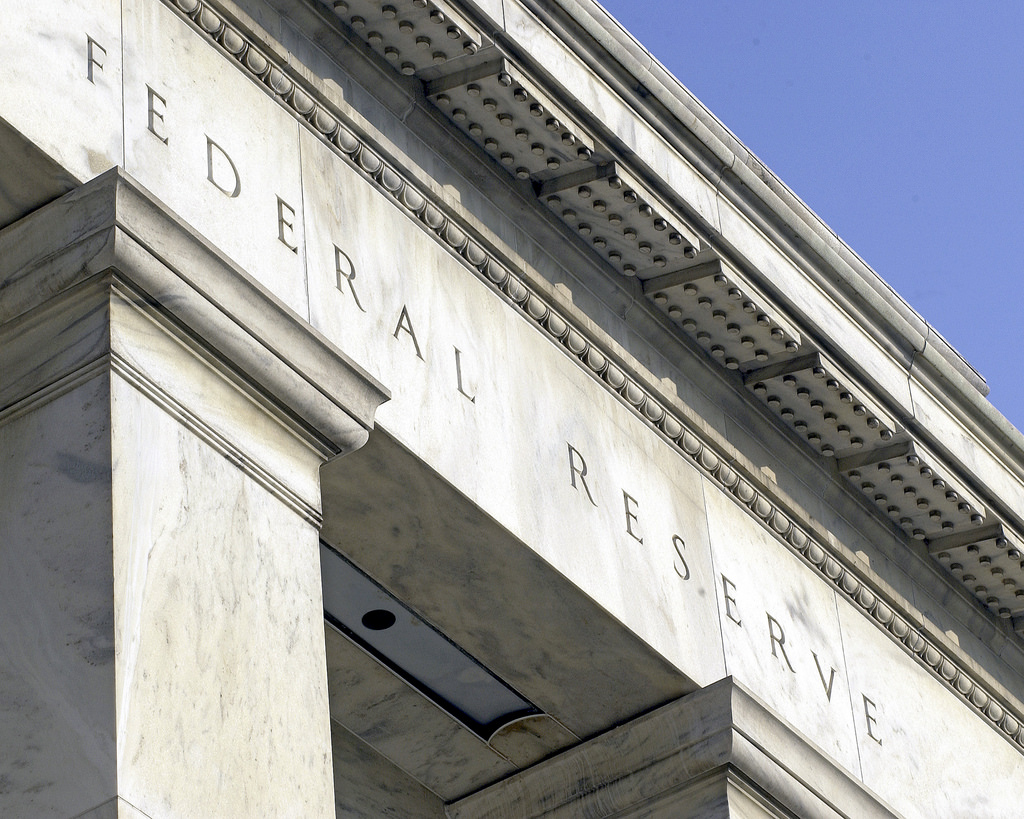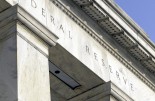BlueBay AM: Beware fake news
BlueBay AM: Beware fake news

By Mark Dowding, CIO at BlueBay Asset Management
Market chatter around a suggested FOMC policy error seems wide of the mark as data remains stronger than expected and US stocks reach new record highs.
A sense of calm was restored to markets towards the end of this week, following a dramatic flattening in the US yield curve, which had temporarily seen long-dated yields fall to 1.90%, having been above 2.20% at the time of the FOMC meeting last Wednesday.
In the wake of the meeting, it had felt like some in the market had been shocked by the Committee’s pivot, inducing a minor ‘pre-taper’ tantrum. However, a sequence of Fed speakers helped to reassure markets that the AIT framework remains in place and that any policy adjustments reflect the fact that incoming data has been stronger than expected.
This narrative has helped US stocks to new record highs, with Treasuries returning towards pre-FOMC levels. Subsequently, Powell and colleagues may feel quite pleased with the outcome they have engineered, with the focus turned back to upcoming economic releases.
Activity data continues to point to robust growth as economies re-open, as shown in this week’s flash PMIs. In the US, the Atlanta Fed Nowcast for Q2 GDP remains above 10% and so it may not come as a surprise that Raphael Bostic – a potential Powell successor – is one of the hawks calling for an earlier taper and a 2022 rate hike, which has been our central view for some months now.
Strong wealth effects are also seen driving US consumption and are supported by rising home prices. In Texas, house prices are up more than 30% over the past year as the state booms on an influx of people seeking to benefit from lower state taxation relative to the likes of California.
More generally, negative real interest rates are driving a boom in housing activity, pushing prices higher; we would expect this to raise rental costs in the process.
Much of the upturn in inflation of late has centred on goods prices. There is scope for further goods price inflation based on PPI prints, jumping shipping costs and ongoing shortages in sectors such as semiconductors, which are creating bottleneck pressures.
However, we would note that service price inflation may be a bigger part of the inflation story in the months to come. As well as owners’ equivalent rent being likely to push up CPI, we look for wage prices to drive an uptick in service price inflation in the months ahead.
Employers continue to try to tempt individuals back to work, offering benefits – even pet insurance – in the process. As we head towards next week’s US jobs report, it will be interesting to see if there has been an acceleration in the number of jobs added, but also important to determine if wage pressures are starting to show up in the data.
Moreover, we retain a constructive economic view. On this basis, we continue to look for the Fed to announce taper in September, after discussions at the August Jackson Hole meeting. This is contingent on stronger jobs and inflation data in the interim.
We believe that gains should be made on both fronts, with some in the market set to be surprised that inflation has yet to peak and may start to look much less transitory. In this context, we maintain relatively high conviction with respect to short positions on US rates.
Elsewhere, we are more sanguine with respect to duration. The European outlook continues to improve, but is not nearly as strong as the US, given the smaller amount of stimulus delivered to date.
Credit markets continued to grind tighter on spread over the past week, with ongoing compression as higher-yielding names continued to outperform on a relative basis. At 228bps, the iTraxx Crossover index is at its tightest level since the beginning of 2020 and within 25bps of its post-2007 tights.
Estimates of defaults continue to be revised lower thanks to abundant liquidity. Although a turn in policy may point to less favourable conditions ahead, we would note that the strength in nominal GDP growth points to a favourable backdrop for earnings in the months to come.
In a world where real interest rates are set to remain in negative territory for the next several years, it may seem that stocks can continue to be supported by earnings momentum. However, if it appears that policy may need to react more quickly to developing data trends, then it seems plausible to expect a pullback in prices by 5-10% on a desire to de-risk.
Elsewhere, the dollar has surrendered part of its gains from post-FOMC trading. However, the failure of the euro and other currencies to rally, even as US yields were falling, suggests to us that dollar strength is more likely than weakness in the months to come.
Emerging markets have been helped by broader risk sentiment in the past week, yet there remains some concern that valuations in credit are not especially attractive and the turn of the Fed cycle could represent a challenge for several EM economies.
Meanwhile, it was a relatively quiet week for European sovereigns. In commodities, it was notable that oil continued its recent push higher.
Looking ahead
Next week’s US jobs report looks set to be a key focus for market participants. A benign report may see yields drift sideways and risk assets continue to rally thanks to abundant liquidity. However, we are inclined to look for an acceleration in the pace of job gains and for firming wages to act as a catalyst for Fed speakers to continue to adjust their comments and for yields to rise as a result.
We are in a world where the Fed has said that it will follow the data and, from this point of view, we think it makes more sense for the data itself to be leading the market.
Consequently, we think that some of the hysteria suggesting that the FOMC made a policy error last week, or that it has disregarded its framework, are wide of the mark.
Meanwhile, we were also struck at the volume of poorly written commentary following yield moves over the past week. Yes – a somewhat more hawkish Fed equals a flatter curve and a more dovish Fed means a steeper curve. Yet talk that growth is slowing or policy has become too restrictive just seems like fake news to our ears. We all need to be careful in what we are listening to. You could even be fooled into thinking that England will win the Euro 2020 football championship!







